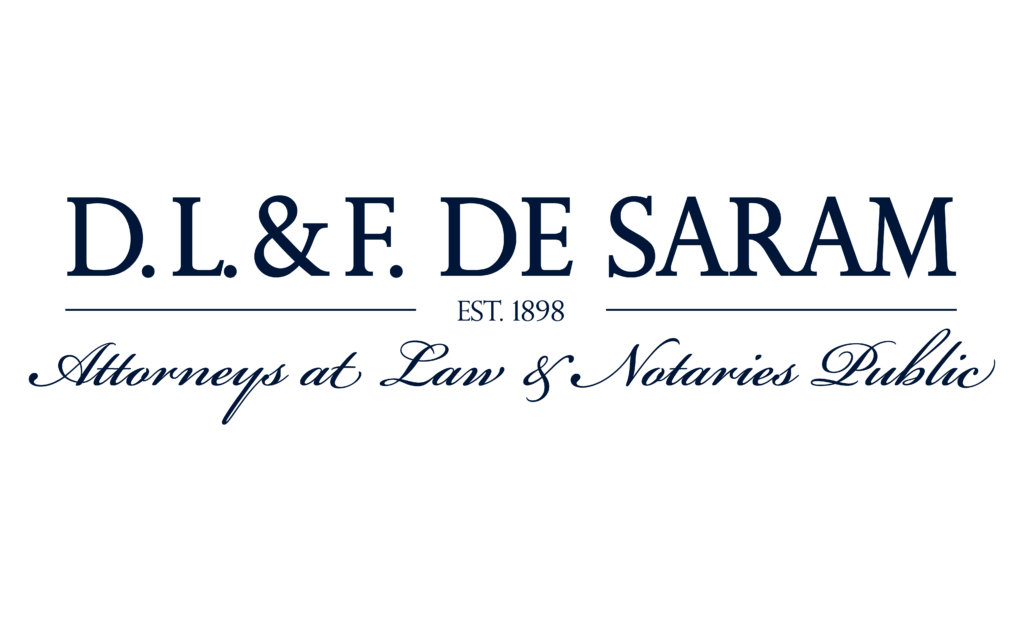Sri Lanka’s legal and commercial conscience is stirring. Concerns about integrity, public trust and corporate governance have moved from the margins to the centre, especially as Sri Lanka was ranked one hundred and twenty-first out of one hundred and eighty in the Transparency International Corruption Perceptions Index 2024. In that setting, corporate criminal liability is no longer an abstract classroom doctrine, but a live question for boards, state owned enterprises and private sector conglomerates alike. The Anti-Corruption Act No. 9 of 2023 is not a routine statute. It signals that the State now intends to hold even powerful corporate actors to account.
Overview of Corporate Criminal Liability in Sri Lanka
For many years there was a convenient fiction that a company, being an artificial person, could not truly intend to commit an offence. That view was always more comfortable than correct. A company acts through individuals. Their decisions, omissions and instructions are the company’s conduct. When those decisions cross the line into bribery, concealment of assets or trading in influence, it is proper that the law looks beyond the corporate form and fixes liability on the entity as well as on those who directed the conduct. Quis custodiet ipsos custodes — who guards the guardians — is now a question for boards, in house counsel and, in the case of SOEs, the supervising ministry.
What is the Criminal Liability of a Company?
In common law systems the modern approach is to identify the directing mind and will of the company and attribute that person’s intention to the company itself. English and Singaporean courts have long followed this approach. Sri Lankan jurisprudence has been slower but is moving in the same direction. Where a board knowingly tolerates misconduct or where senior management benefits from a corrupt payment routed through an intermediary, the plea of ignorance will not avail. Fraus omnia corrumpit — fraud corrupts everything it touches. Executives cannot seek refuge in silence when benefit and control clearly flow from their desks.
Key Provisions of the Anti-Corruption Act No. 9 of 2023
The earlier Bribery Act of 1954 was concerned mainly with public officers. The Anti-Corruption Act No. 9 of 2023, available on the Parliament website goes much further. It empowers the Commission to Investigate Allegations of Bribery or Corruption (CIABOC) to inquire into private sector bribery, concealment of assets, trading in influence and, importantly, failures to prevent corruption. CIABOC has also issued guidance on asset and liabilities declarations through Section 80 of the Anti-Corruption Act No. 09 of 2023. This demonstrates that the Act is preventive as much as it is punitive.
Expanding Scope of Corporate Crimes Beyond Bribery
The present risk landscape is wider than many boards realise. Non declaration of assets and unexplained enrichment are now areas of real exposure. Money laundering, particularly through layered or cross border transactions, invites scrutiny not only from CIABOC but also from financial sector regulators and banks that must enforce their own anti-money laundering duties. Procurement and tender manipulation, often carried out through friendly bidders or off-book commissions, can ruin the reputation of a corporate or state-owned entity in days. Environmental or workplace safety failures may also acquire a criminal complexion if they can be traced to decisions taken at the top. In the digital era, omission can be as telling as an express instruction.
For a policy level treatment of private sector corruption in Sri Lanka, Verité Research, Gaps in the Guardrails: A Review of Laws on Private Sector Corruption in Sri Lanka” (January 2025) recommends, among other things, the introduction of an offence of failure to prevent bribery on the United Kingdom model.
What is Meant by Corporate Liability?
Corporate liability in this context means that the company itself, not only its officers, can be prosecuted where the statute so provides. Verité Research suggests that Section 40 of the Act could be amended to make it mandatory for CIABOC to issue a code of conduct for the private sector. That would oblige companies to adopt ethics policies, to conduct regular anti bribery training and to sanction breaches. Likewise, amending Section 106(2) to cover any person would ensure that legal persons, not just employees, can be liable for soliciting or accepting bribes.
Corporate Criminal Liability and State-Owned Enterprises
Many state-owned enterprises handle procurement, public services, or commercially valuable assets. Where an SOE director or senior officer permits or directs a corrupt arrangement, the fact of state ownership does not and should not shield the entity. Because public funds are involved, the expectation of integrity is even higher. CIABOC has indicated through its public material that it intends to operate across both public and private domains. SOE legal departments must therefore adopt the same internal controls, whistle blower protections and board reporting that the private sector is now embracing.
Governance as Shield and Testimony
Law in its highest form is not only punitive but also educative. Responsible companies will not wait for a notice from CIABOC. They will weave compliance into their culture. Board minutes must record real oversight. Policies on gifts, hospitality and the use of agents must be enforced in practice, not left buried in staff handbooks. Whistle blower channels must be safe. Training must translate legal standards into sound workplace judgment, because ignorantia juris non excusat — ignorance of the law excuses no one. A clear internal investigation and communication protocol should link the board, in-house counsel and external advisers when allegations arise.
The Road Ahead
Enforcement agencies in Sri Lanka still face capacity constraints, but the direction of reform is unmistakable. The National Anti-Corruption Action Plan 2025 to 2029, announced through the UNDP and CIABOC release release that it seeks to bring public administration, private sector compliance and civic education into one framework. For corporates, including SOEs, the prudent course is ex abundanti cautela — out of an abundance of caution. Aligning internal policies with regimes such as the United Kingdom Bribery Act and Singapore’s Prevention of Corruption Act will reassure regulators, lenders and investors.







